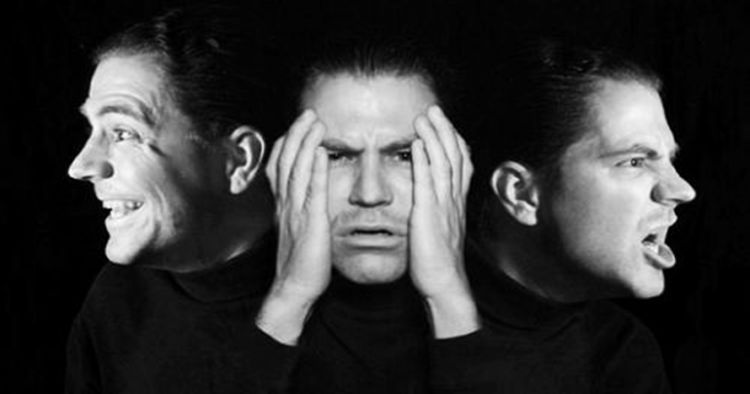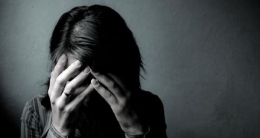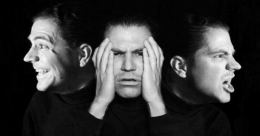What is Schizophrenia?
Schizophrenia is a mental disorder that occurs in the long term. This disorder causes sufferers to experience hallucinations, delusions, thought disorder, and behavior changes. These symptoms are symptoms of psychosis, a condition in which the sufferer has difficulty distinguishing reality from his own mind.
Schizophrenia is often equated with psychosis, even though the two are different. Psychosis is only one symptom of several mental disorders, including schizophrenia.
According to WHO, it is estimated that more than 21 million people worldwide suffer from this mental disorder. Schizophrenics also have 2-3 times higher risk of dying at a young age. In addition, half of the schizophrenics are also known to suffer from other mental disorders such as drug abuse, depression, and anxiety disorders.
Schizophrenia Symptoms
Early symptoms of schizophrenia generally appear in adolescence. Therefore, these early symptoms are often misinterpreted, because they are considered normal in adolescence. In men, the initial symptoms appear at the age of 15-30 years. On the other hand in women, symptoms usually attack the age group of 25-30 years.
A number of early schizophrenia symptoms are:
- Tend to isolate themselves from others.
- Easily angry and depressed.
- Changes in sleep patterns.
- Lack of concentration and motivation.
- Difficulties in doing school work.
The schizophrenia symptoms are divided into two categories, positive and negative. Positive symptoms refer to behaviors that are not visible in healthy individuals, including:
- Hallucination. It is the feeling of experiencing something that feels real, but actually that feeling only exists in the sufferer's mind. For example, feeling heard something even though other people did not hear anything.
- Delusional. Delusion is to believe something that is contrary to reality. Symptoms vary ranging from feeling watched or followed. Most schizophrenics experience these symptoms.
- Chaotic in thinking and talking. These symptoms can be known from the difficulty of sufferers in speaking. Schizophrenics find it difficult to concentrate even reading a newspaper or watching television. Their way to communicate is also confusing. So, it is difficult for the other person to understand.
- Chaotic behavior. The behavior of schizophrenics is difficult to predict. Even the way to dress is also unusual. Unexpectedly, sufferers can suddenly scream and get angry for no reason.

Often, patient and family relationships are damaged by negative symptoms. This is because negative symptoms are often misinterpreted as being lazy or disrespectful. Negative symptoms generally appear gradually and get worse over time, including:
- Odd emotional responses such as facial expressions and tone of speech that does not change (monotonous).
- Hard to feel happy or satisfied.
- Reluctant to socialize and prefer to stay at home.
- Loss of interest and motivation in various activities, such as having a relationship or having sex.
- Changing sleep patterns.
- Not comfortable being around other people and not wanting to start a conversation.
- Do not care about appearance and personal hygiene.
Schizophrenia Causes
The cause of schizophrenia is not known with certainty. However, this mental disorder is associated with a number of risk factors, such as:
1. Genetic Factors
Someone from a schizophrenic family, 10% more risk of experiencing same condition. The risk will be 40% greater if both parents have this mental disease. People who have twin siblings with schizophrenia have the risk increase to 50%.










